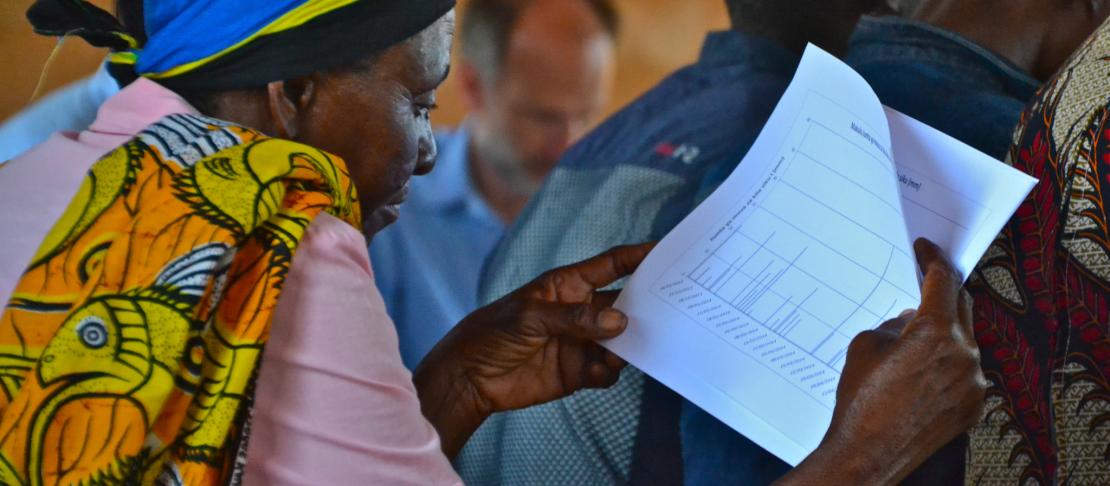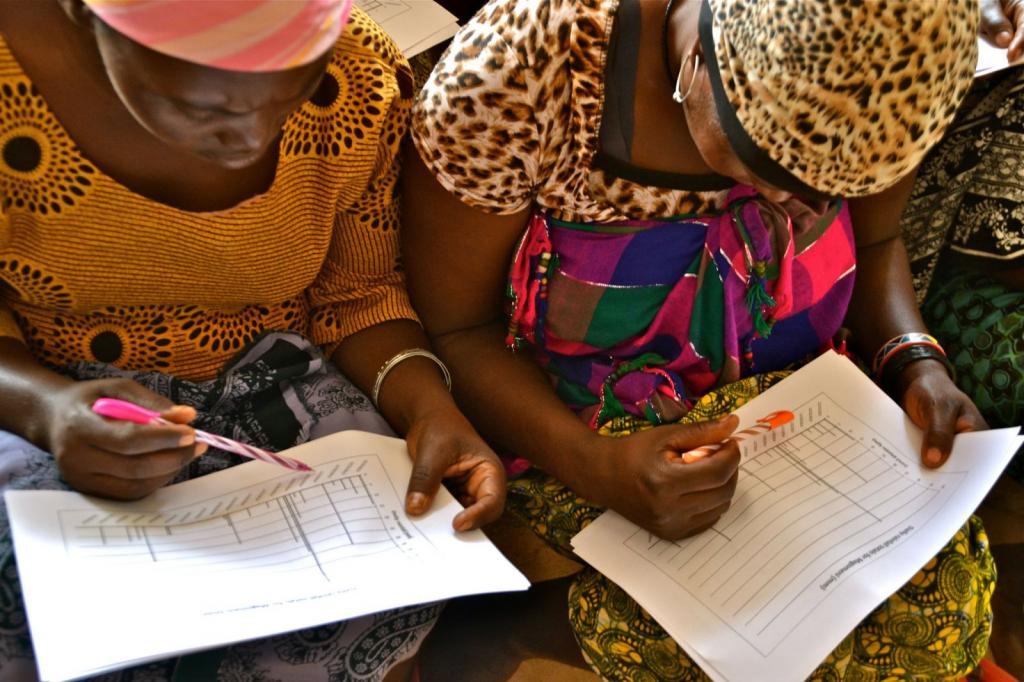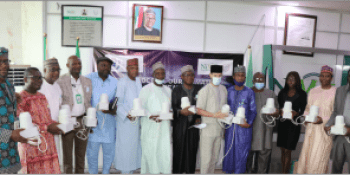How to best support farmers with useful climate information services

Story originally published on Trust AlertNet.
After growing maize her whole life, Selina Sellas, a smallholder from Makoja village in Tanzania, decided to change things around with drought-resistant pearl millet. Inspired by participatory training in climate services and agriculture a year ago, Selina hasn’t looked back since.
“We calculated that you will lose your maize harvest seven out of 10 times in our climate,” she explained. “I wanted to reduce my risk, and since pearl millet has little probability of failure, I decided to go for that instead. I still plant maize, but not as much as before.”
Piloted last November, in an arid part of Tanzania, this training has influenced more farmers than Selina, as emerging results show them changing both the mix of crops and varieties they plant, as well as the times of planting.
Climate information services are a powerful tool for farmers to protect crops against drought. However, recent research shows that if end-users are not involved in the development process, or their capacity to use them is not strengthened, the services are less likely to be embraced and expanded.
The “Participatory Integrated Climate Services for Agriculture (PICSA)” approach, being implemented by the University of Reading in Tanzania and Malawi, actively involves and trains farmers to better use and create locally appropriate climate information.
The work is supported by the CGIAR Research Program on Climate Change, Agriculture and Food Security (CCAFS) and the World Food Programme, as part of the Global Framework for Climate Services (GFCS) Climate Services Adaptation Programme in Africa.
Kicking off in three villages last year, including Makoja and Ikowa, a one-hour drive from Dodoma, trainers here have already worked with more than 80 farmers.
Read the rest of the story: Farmers need climate information services they can use

View more photos from our visit to Makoja and Ikowa villages, situated outside of Dodoma, Tanzania.
Learn more:
- Photo-story: Farmers in Tanzania use climate information to cope with variability
- Farmer-responsive climate services built in Tanzania and Malawi
- New capacity to produce and communicate climate information services built in Tanzania
Story by Cecilia Schubert, CCAFS Communications Officer.
Email Graham Clarkson and Peter Dorward for more information about the PICSA work in Tanzania and Malawi: g.clarkson[at]reading.ac.uk & p.t.dorward[at]reading.ac.uk



